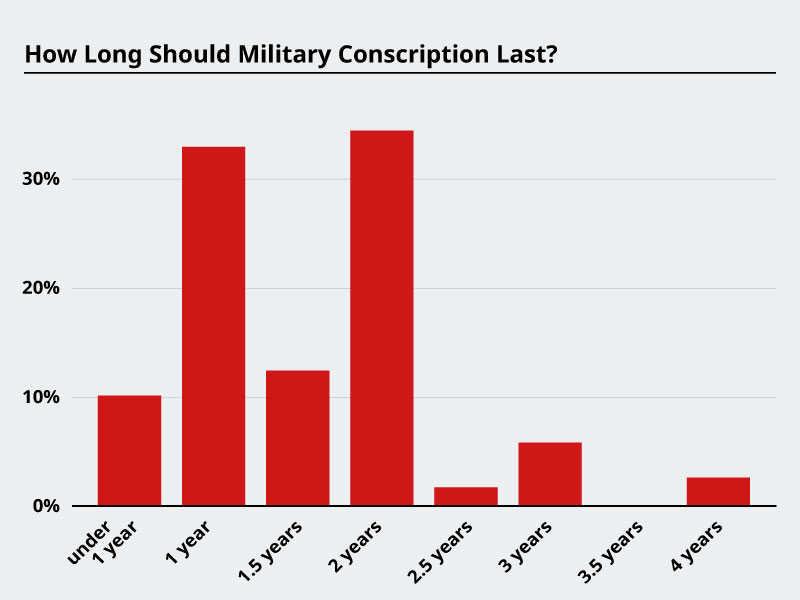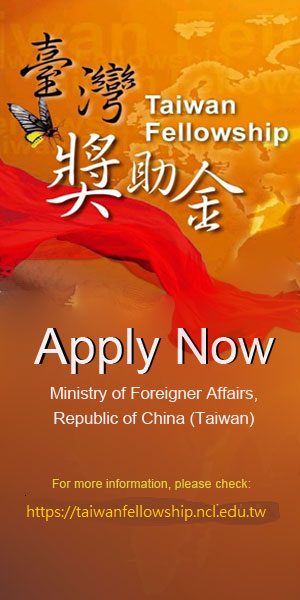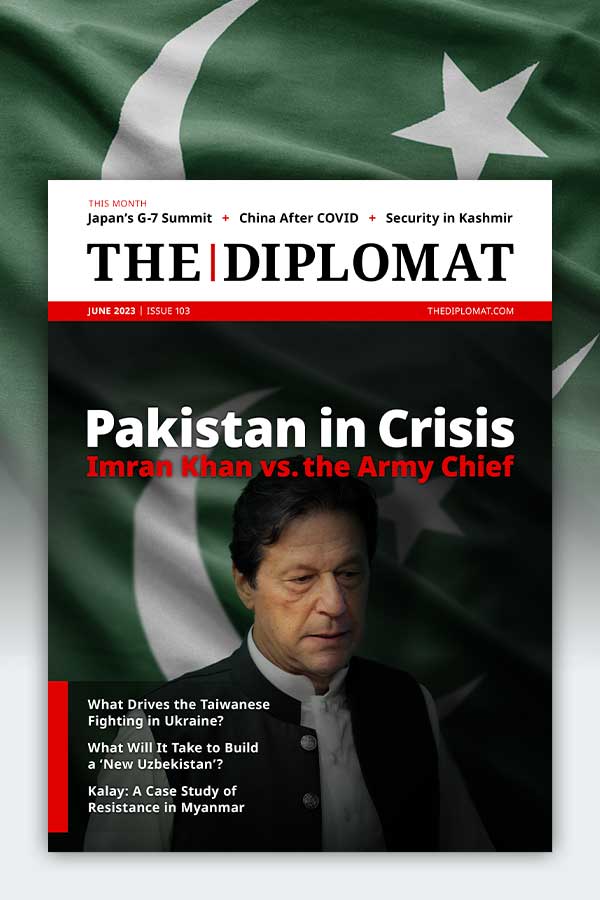| Welcome to the latest issue of Diplomat Brief. This week our top story explores the burgeoning competition being waged by Saudi Arabia and the UAE in Southeast Asia. We also have an interview with Ali Wyne, a senior analyst at Eurasia Group’s Global Macro-Geopolitics practice, on the prospects for China-U.S. relations following Blinken’s visit to Beijing. |
| Story of the week | ![[object Object]](https://thediplomat.com/diplomat-brief/2023/vol26/images/feature.jpg) | Diplomacy Saudi-Emirati Competition in Southeast AsiaWhat Happened: The UAE is pursuing a Comprehensive Economic Partnership Agreement with Vietnam, which would be its third such deal with a Southeast Asian country. At the same time, officials from Saudi Arabia have held separate bilateral meetings with their Thai, Filipino, and Indonesian counterparts over the past month, also seeking to expand economic cooperation. Both Saudi Arabia and the UAE have rushed to offer tax incentives and tariff exemptions to Southeast Asia. Taken together, these developments suggest that the growing Saudi-UAE strategic competition is beginning to spill over into Southeast Asia, driven by their heated competition to attract foreign investment. Our Focus: Historically, Saudi Arabia and the UAE have made only lackluster outreach efforts in Southeast Asia– but that has changed in the past few years. Both Gulf states are seeking to jump-start their transitions away from fossil fuel-centered economies, and that will take an influx of foreign investment. Southeast Asia is increasingly seen as a region of interest for advancing those goals. Since 2020, Saudi Arabia has held at least nine high-level engagements with their Southeast Asian counterparts, not counting multilateral events like the 2022 G-20 and APEC summits. Meanwhile, the UAE has inked CEPAs with Indonesia and Cambodia, with talks underway for similar deals with Malaysia, Thailand, and Vietnam. What Comes Next: “The UAE has a reputation for drawing in a lot of FDI, a lot of tourism, a lot of business in finance and logistics, and until recently the Kingdom didn’t seem to be seriously engaged in those areas,” Dr. Jonathan Fulton, assistant professor of political science at Zayed University in Abu Dhabi, tells The Diplomat. “With [Saudi Vision 2030] that has changed, and they are stepping up their game. You can see an action-reaction dynamic between the two.” Unlike other high-profile rivalries, however, the Saudi-UAE dynamic remains rooted in the economic sphere, and that makes it good news for Southeast Asia. “For international companies, expat citizens, and investors it is positive – more choice is always good,” Fulton said. Read this story |
| Behind the News | INTERVIEW Ali WyneAli Wyne, a senior analyst at Eurasia Group’s Global Macro-Geopolitics practice, and the author of “America’s Great-Power Opportunity: Revitalizing U.S. Foreign Policy to Meet the Challenges of Strategic Competition,” on the prospects for stabilizing China-U.S. relations: “Absent – and perhaps even after – a security crisis, the United States and China will find it difficult to establish guard rails until and unless they accept that they are fated to coexist.” Read the interview |
| This Week in Asia | Northeast Asia China Mulls Fallout From Russia’s Wagner Group RebellionThe abortive rebellion by the mercenary Wagner Group in Russia elicited an avalanche of commentary on the fallout for Vladimir Putin’s regime and the Russian war in Ukraine. China has a huge stake in the outcome. President Xi Jinping has cultivated a strong personal friendship with Putin, while staking China’s foreign policy on close relations with Russia. At the operational level, however, if the turmoil at home forces the Wagner Group to draw back from Africa and elsewhere, if could open spaces for China’s own burgeoning private security industry. Find out more | South Asia The IMF’s Pakistan DecisionFor months, Pakistan has been in talks with the IMF about renewing a 2019 bailout package. Now Prime Minister Shehbaz Sharif said he hopes a decision will come this week. Restarting the $6 billion bailout is an imperative for Pakistan’s debt-strapped and struggling economy, but the IMF has been highly critical of Pakistan’s implementation of the original deal, which envisioned tax reforms and scaled-back subsidies on fuel. If a compromise can’t be reached, the international lender may cancel the funding altogether. Find out more | Southeast Asia US Aircraft Carrier Begins Friendship Visit to VietnamThe nuclear-powered aircraft carrier USS Ronald Reagan is in Vietnam this week on a six-day friendship tour, the third such visit since 2018. The port call comes at a time of growing Chinese assertiveness in areas of the South China Sea claimed by Hanoi and at a relatively stagnant point in relations between the United States and Vietnam. Over the past year, U.S. officials have pushed Vietnam to upgrade the bilateral relationship from a “comprehensive” to a “strategic” partnership, something that Hanoi has so far resisted, in part due to the possible reaction from China. While Vietnamese leaders have favored robust relations with Washington, including these types of defense exchanges, they remain leery about being seen to take part in anti-China coalition. Find out more | Central Asia The Risk of Secondary Sanctions in Central Asia Is Very RealIn the latest round of sanctions stemming from the Russian war in Ukraine, the United States has targeted another private Uzbek company – only a few months after slapping sanctions on prominent Uzbek-Russian billionaire Alisher Usmanov’s interests. For Kazakhstan, too, the risk of such secondary sanctions is not at all hypothetical. Find out more |
| Visualizing APAC |  | Taiwan’s government recently expanded military conscription to 1 year. Over a third of the population would support doubling that. See the full picture |
| Word of the Week | Security 조국해방전쟁Choguk haebang chŏnjaeng, Korean for “Homeland Liberation War,” is the name given to the Korean War in the North. In South Korea, it’s called 625 전쟁 (625 chŏnjaeng), after the date North Korea invaded. Find out more |
|  |


![[object Object]](https://thediplomat.com/diplomat-brief/2023/vol26/images/feature.jpg)

